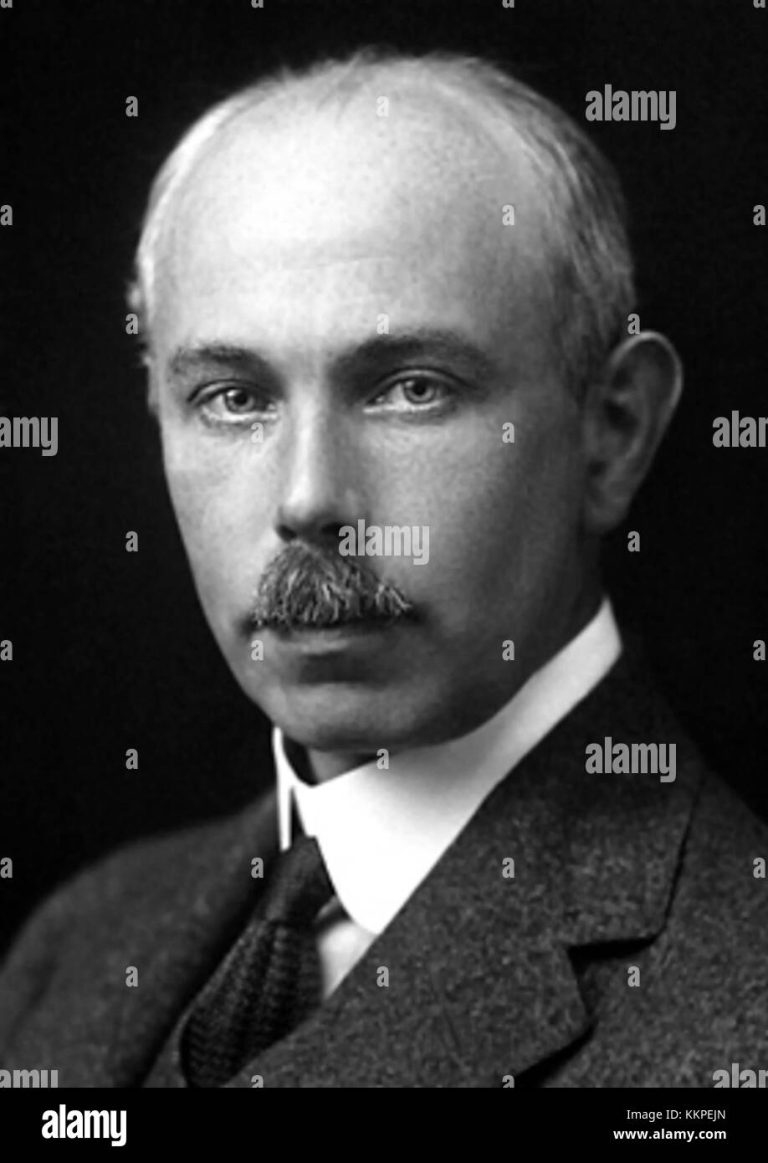Date of Birth: September 1, 1877
Zodiac Sign: Virgo
Date of Death: November 20, 1945
Biography
Francis William Aston was a pioneering British scientist best known for his groundbreaking work in the field of mass spectrometry and the discovery of isotopes. Born on September 1, 1877, in Harborne, Birmingham, England, Aston showed an early interest in science and went on to study chemistry at the University of Birmingham. He later worked at the Cavendish Laboratory under J.J. Thomson, where he developed the first mass spectrometer in 1919. This invention allowed him to identify the isotopes of various elements, most notably neon. His work earned him the Nobel Prize in Chemistry in 1922, recognizing his contributions to the understanding of atomic structure. Aston continued his research throughout his life, publishing numerous papers and books on the subject. He passed away on November 20, 1945, leaving behind a legacy that has had a lasting impact on both chemistry and physics.
5 Interesting Facts about Francis William Aston
1. Francis William Aston was awarded the Nobel Prize in Chemistry in 1922 for his discovery of isotopes in non-radioactive elements using his mass spectrometer.
2. He initially pursued a career in fermentation chemistry and worked with breweries before shifting his focus to atomic research.
3. Aston’s mass spectrometer was instrumental in proving the whole number rule, which states that the atomic mass of isotopes are whole numbers.
4. He was a talented musician and played the organ and piano.
5. Aston published a book titled “Isotopes” in 1922, which became a key reference in the field of chemistry.
5 Most Interesting Quotes from Francis William Aston
1. “The whole number rule in atomic masses is one of the most remarkable and significant facts in chemistry.”
2. “The mass spectrograph has opened up a new and almost unexplored field of physical research.”
3. “The discovery of isotopes has revolutionized our understanding of the elements.”
4. “Science is not only a disciple of reason but, also, one of romance and passion.”
5. “The precision of the mass spectrometer has given us a clearer picture of the atomic world.”
Highest Net Worth Achieved
As a scientist in the early 20th century, Francis William Aston did not accumulate significant wealth. His contributions were more academic and scientific rather than financial. Therefore, his net worth is not documented in historical records.
Children
Francis William Aston did not have any children.
Relevant Links
2. [Wikipedia Page on Francis William Aston](https://en.wikipedia.org/wiki/Francis_William_Aston
4. [Royal Society Profile](https://royalsociety.org/people/francis-william-aston-11080/


